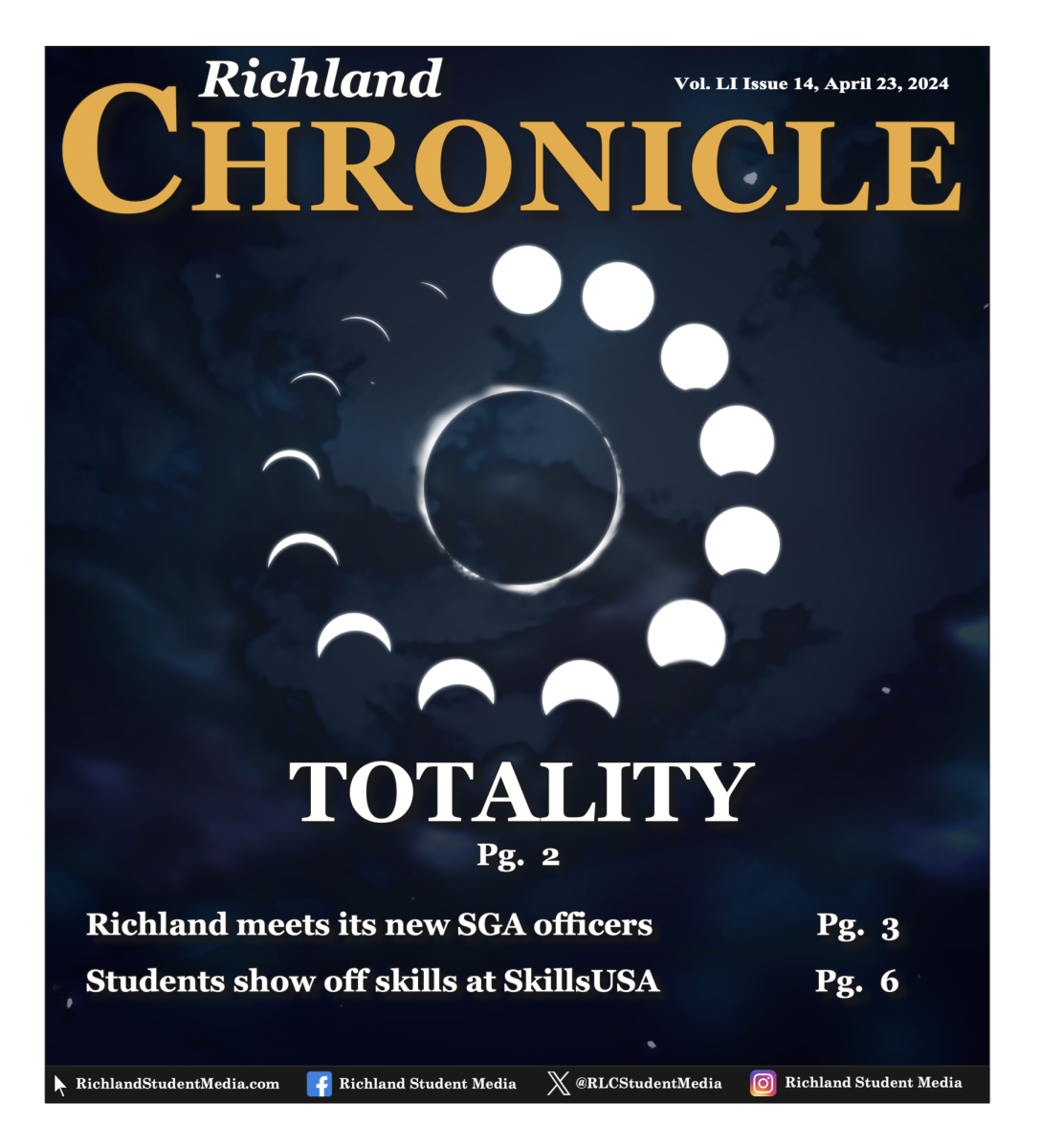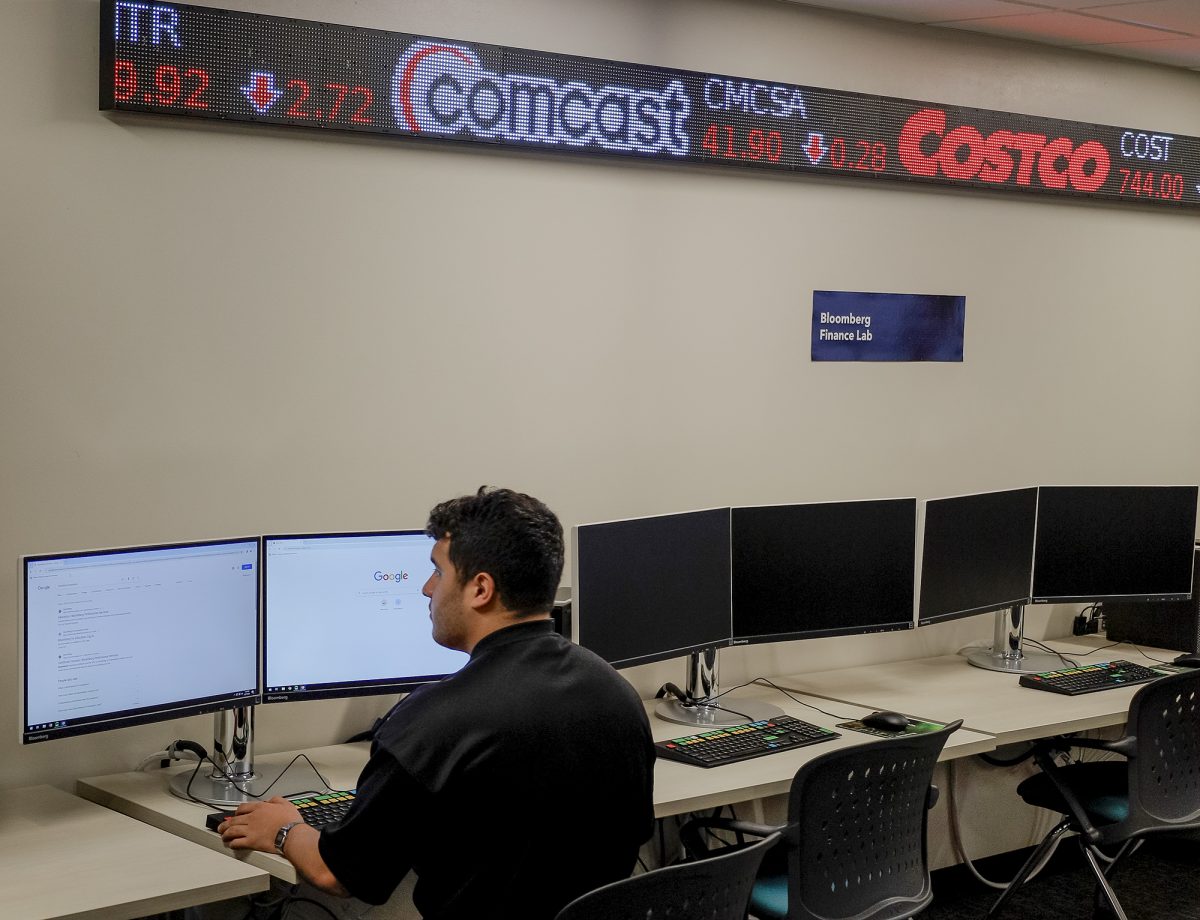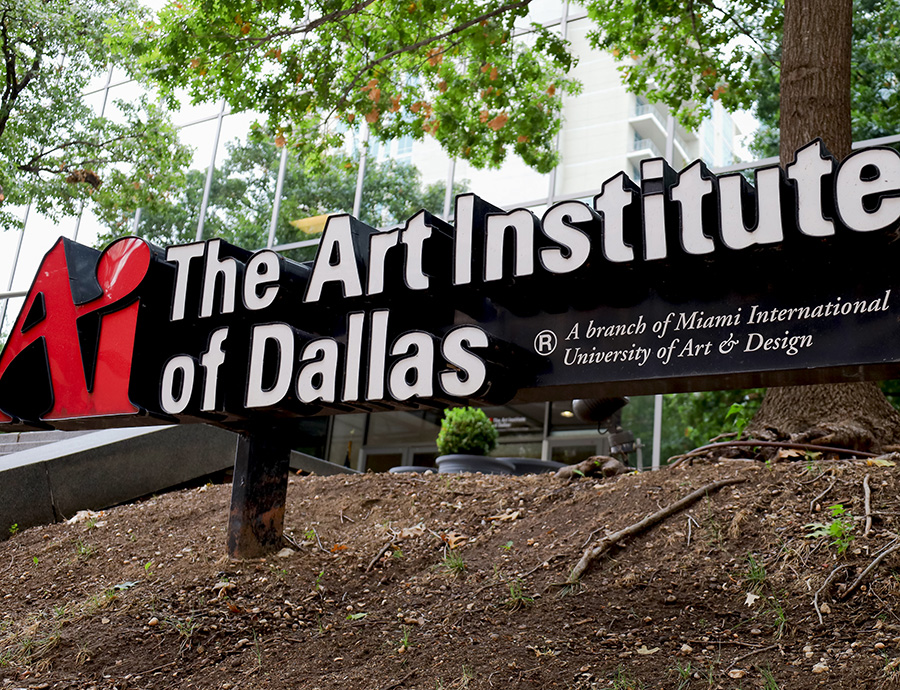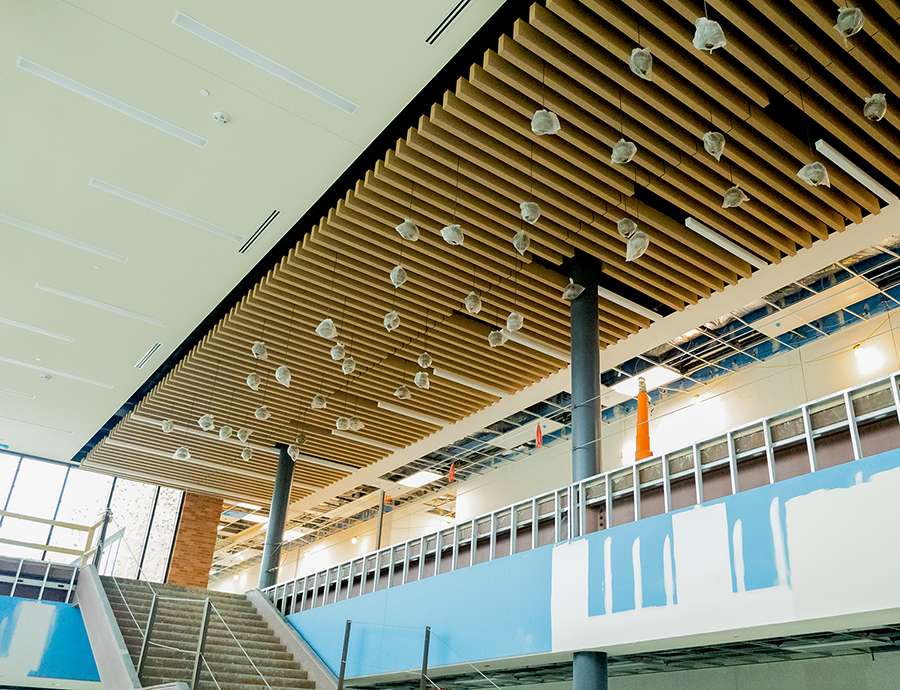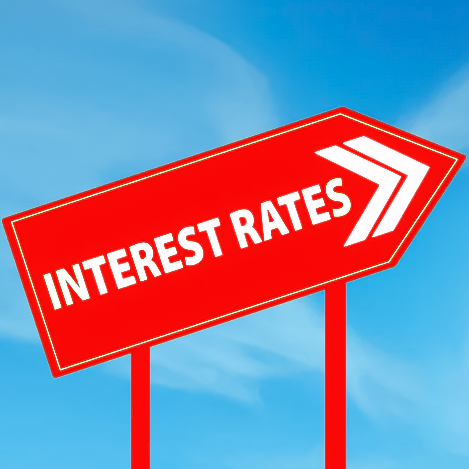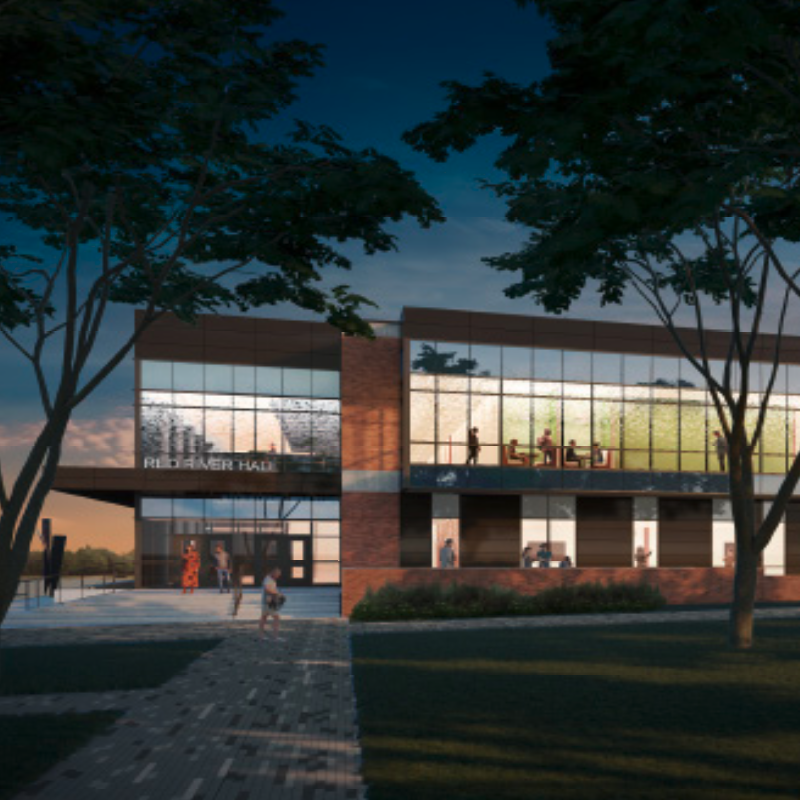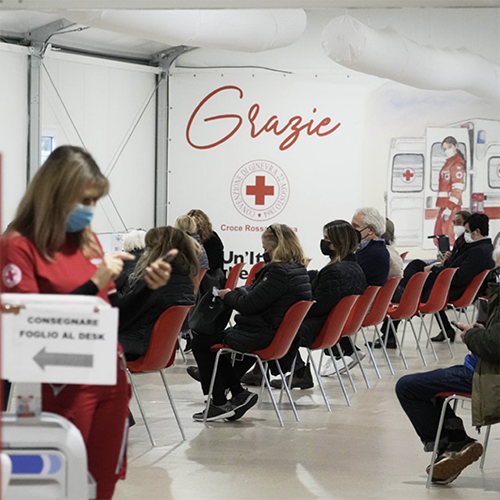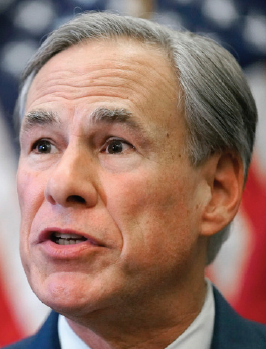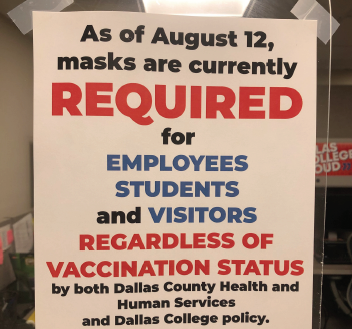Managing Editor Alex Ortuno
Inflation has become an issue for the Biden administration as his 1.9 trillion-dollar coronavirus relief package in March of 2021 was perhaps the fastest economic growth since 1984, according to the Associated Press. However, not all would last as government interventions and the looming supply chain problems have influenced inflation to rise at a nearly 40-year high of 7%, according to the Associated Press.
However, as we see more scenes of empty shelves and people being concerned about the term inflation, many people may not know about inflation. Todd Senick from the Bloomberg Finance lab from Richland Campus, explains what inflation is and the ways they are measured. “Inflation is the rise in prices of goods and services.
There are two ways of measuring inflation, CPI is the Consumer Price Index and PCE is Personal Consumption Expenditures,” Senick said. The Consumer Price Index (CPI) is the measurement of the average change in price over time for goods and services while the Personal Consumption Expenditures (PCE) is to see how much money Americans spend on certain goods and services.
Senick also said inflation in the economy also leaves an impact for the nation. “It impacts the country because consumers must spend more on bread, paper, oil, plastics, and other materials.”
COVID-19 has played a part in terms of influencing inflation but isn’t the only factor. The main issue behind inflation was the stimulus from the past year and a half.
“Economists and the Federal Reserve had been saying inflation would be transitory (short term and not broad based). We have seen inflation going on longer than expected and much broader based than previously expected by economists,” Senick said.
As of press time, the Federal Reserve has announced that it will begin a series of interest hikes starting in March. This will reverse the policies during the pandemic that influenced hiring and overall economic growth and stock gains but as well, inflation, according to the Associated Press.
This is in an effort to lower inflation, but the rate hikes will make it more expensive throughout time to borrow money for a car, home or business. This is done with the intent to stabilize economic growth and relax inflation that has affected wage gains and house- hold budgets, according to the Associated Press.
Senick stated that inflation will be something that has to be paid attention to in the upcoming year as much is still left to do and deal with.
“We still have supply chain issues from China and some labor shortages continue in many industries throughout the US. The only real way to combat inflation is to have wages keep pace with inflation which hasn’t been the case so far in this economic cycle. The last reading was negative real average wages which means people are losing money to inflation.”


